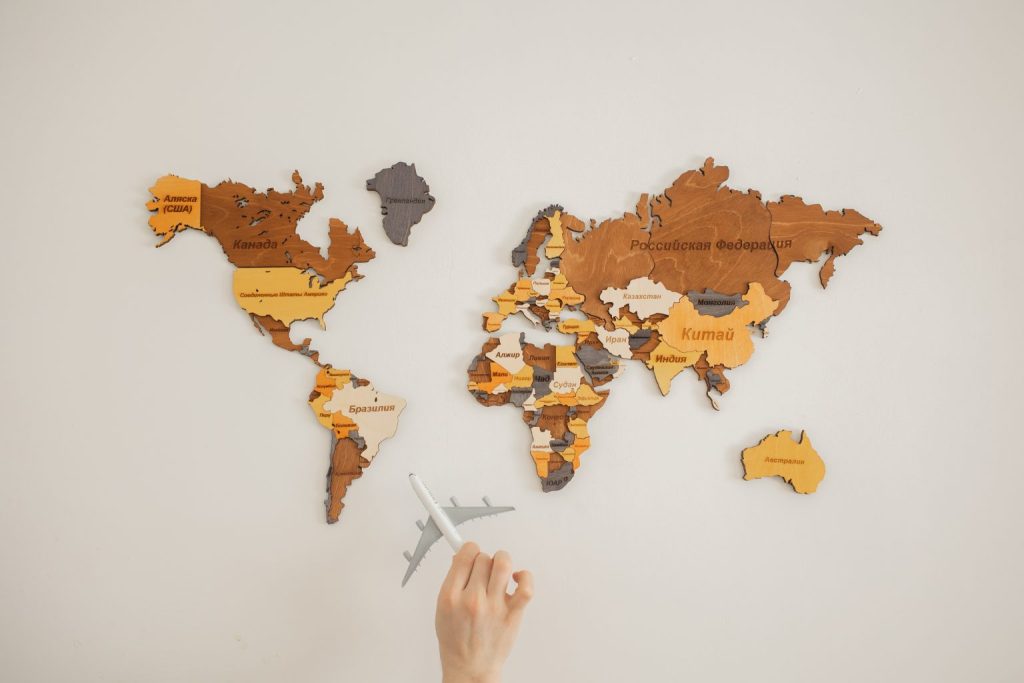Business Owners, B2B, B2C
Introduction
In our last article, we discussed localization and how it helps businesses to emerge from the crowd and showcase their brands globally. Today, we will discuss a slightly different topic – globalization. This is the process of interaction and integration between people, businesses, and governments globally.
The National Geographic Society defines globalization as “a term used to describe how trade and technology have made the world into a more connected and interdependent place. Globalization also captures in its scope the economic and social changes that have come about as a result.”
In the international trade industry, globalization is defined as an economic process centered on socio-cultural aspects. It encompasses goods, services, data technology, and capital markets. The fact that localization deals with the adaptation of cultural and geographical aspects makes these two processes go hand in hand.
Understanding globalization in the context of people management and the goods and services your business sells to them will help you to scale at the global level.
How to Make the Most of Globalization
Have you ever wondered why some businesses make their products available in multiple languages? This is where globalization kicks in. With technology, the world has become a small village. Companies are creating new brands and selling the same products on different continents.
Before you start, though, determine whether you are ready to go global and why. Strong market investigation and plan will lead you to actionable and informed decisions. From experience, the results of the globalization of your products take time.
Therefore, it is wise to create a long-term plan centered on market intelligence. This will help you to determine some important preliminary steps such as product viability, consumer behavior, and your competitive edge. Here are some practical steps to make the most of this process:

Localize your Products
To harness global expansion of your brands, localization will be one of your best moves. Creating a seamless product showcase¾not only different languages, but also tailored to your audience’s cultural and geographical needs¾will enhance your product’s global presence. You could also add a multilingual option to your ordering website and craft product-specific applications to engage your customers in their language.
Understand the Target Culture
The linguistic adaptation process has helped us to thoroughly understand how the cultural aspect of your target audience can tremendously influence your business scale. When Volkswagen Group¾a renowned German automotive brand launched their cars in Rwanda, a small developing country in East Africa, they had to consider adjusting their sales strategy.
This company owes its increasing demand to exclusive discounts and duty-free pricing for government officials. This robust strategy helped VW to overcome some of their logistical challenges, ranging from high fuel consumption and brand cost.
Devise a Well-Thought-Out Strategy
A well-thought-out strategy is essential to a successful globalization of your products and services. In essence, people like brands that resonate with their cultural and social trends. Therefore, from the conception stage of your brand to its marketing and launch, translating your products in different languages will help you to engage the global market.
A comprehensive strategy that includes product availability, timeline, and pricing can serve as a fail-safe mechanism for your globalization success.
Enhance your Marketing

One of the pillars of globalization is communication strategy. Once you have come up with the plan to launch your products on the global market, the next step is to make them known. Strategies such as AI and data technology can boost your product availability across cultures. If they can access the products and interact with the process in their own language, that’s even better.
Make sure to incorporate services such as online ordering, shipping, and delivery to give your product a top-notch reputation.
Create Strong Connections
Globalization is about connectedness. I once discussed with my book publication consultant about their strategy. I was thrilled when she mentioned something about “global distribution” of my book and wanted to learn more. Basically, their business created strategic connections in different countries from the east to North America. Somebody orders a book from wherever they are and get it on demand.
Strategic connections will help you to showcase your products in different countries. You could add project managers, product designers, and sales representatives to your team as you scale. This helps your customers to receive support in real time regardless of their geographical locations.
Message to My Readers:
I hope you found my article helpful. I would love your feedback below. My goal is to add value to my readers and, particularly, to clients by making their businesses more profitable and hassle-free. If you would like to learn more about how our language services can support your specific business model, I would be pleased to connect and discuss your questions further.
Over the years, Sim acquired vast experience while working with some of the world’s leading brands. He is passionate about sharing his extensive expertise and business acumen to help scaling businesses to build their niche, expand their markets, and internationalize their brands.
- How to Approach Financial Expectations with Your New Language Service Clients - March 20, 2024
- The Impact of AI on the Linguistic Career - November 10, 2023
- Every Language Translation Process Hinges on these 7 Linguistic Meanings - October 14, 2023



It’s like you read my mind. You appear to know so much about this like you wrote the book in it or something. I think that you can do with a few pics to drive the message home a little bit, but instead of that this is excellent blog. A fantastic read. I’ll certainly be back.